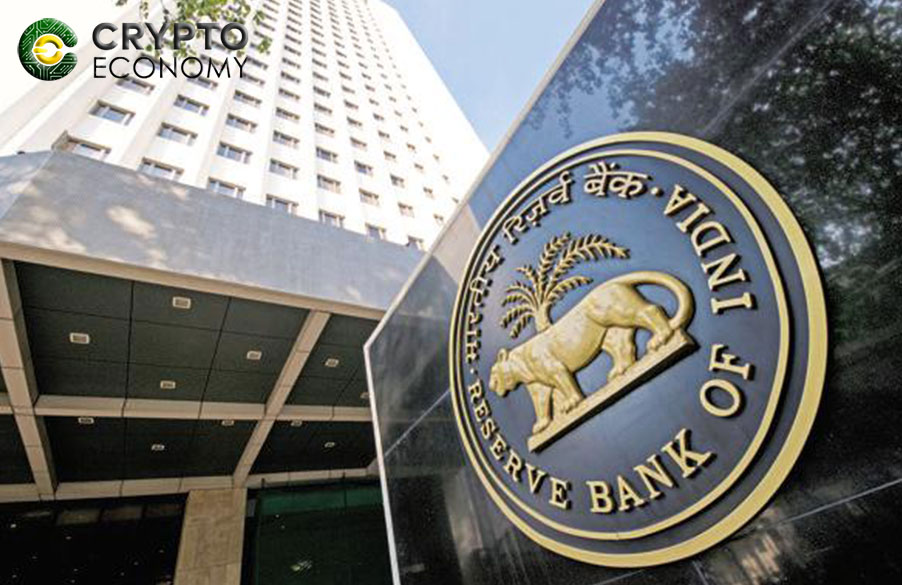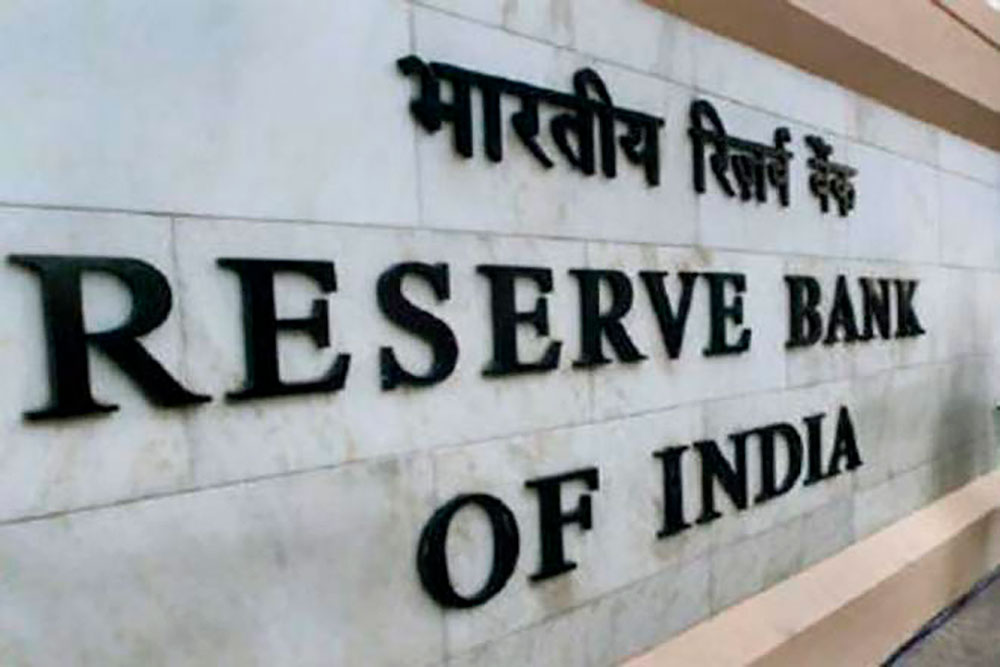On August 14, the Internet and Mobile Association of India (IAMAI) challenged a circular by the Reserve Bank of India (RBI) prohibiting banks and financial institutions from providing services in relation to cryptocurrencies in the Supreme Court of India, saying that RBI has no authority to ban cryptocurrencies. The Supreme Court of India today resumed the Internet and Mobile Association of India (IAMAI) vs RBI case hearing.
Continuing from its last hearing on the 14th of August, the IAMAI counsel, Ashim Sood, said that this action is based on is no study and research. It is without revealing any purpose or explaining how the market’s integrity was at risk.
The hearing was live-tweeted by the Crypto Kanoon, an Indian platform for blockchain and regulatory news and analysis. Mr. Sood argued that the action of RBI is against the doctrine of proportionality and explained about the law formulated by Wyoming to regulate crypto assets and exchanges. He also spoke about the disclosure policy, anti-money laundering policy and KYC policy applicable to the crypto industry in Wyoming.
The IAMAI council cited the Directive of the European Parliament and pointed out that most of the countries in G20 nations are inclined to regulate Crypto and are not treating industry players as a bunch of criminals. The council also stated about the licensing requirements in New York and the concept of a security token by citing the Securities and Exchange Commission’s Howey Test.
The Crypto Kanoon tweeted one argument :
“On one side we have UK USA etc. and on others, we have China Saudi and Indonesia. It may not matter which side we fall. But there is no sense that something should be banned because it involves risks.”
According to the Council, the country’s Consumer Protection and Anti-Money Laundering laws can be made applicable to cryptos, with special provisions made to deal with peculiar situations. In the hearing, various reports on cryptocurrency by RBI was also discussed. Ashim Sood concluded his arguments by claiming that the circular was void and that the RBI acted in a manner which was not contemplated under the law.
Mr. Nakul Dewan, representing the Exchanges’ Petition i.e., Rajdeep Singh & Ors. v. RBI began his arguments by briefing the court on the interaction between Virtual currencies and Fiat currency and what are the legal characteristics of Virtual currencies.
RBI raised concerns about authorization to crypto business, hacking, consumer protection issues, volatility, and its liability to use in criminal activities.











